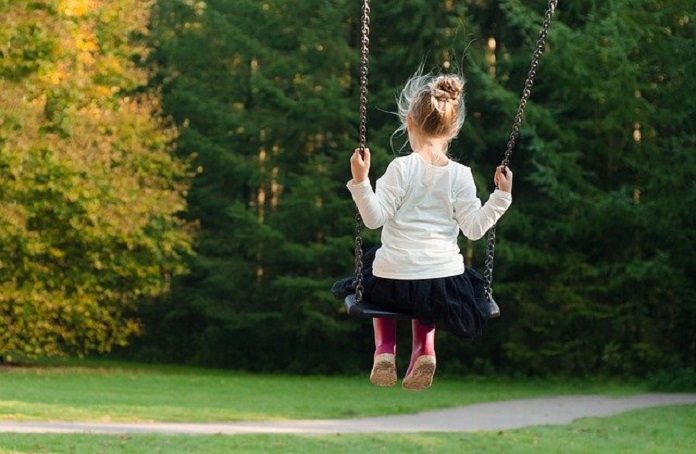A new study examines the association between childhood trauma and dementia.
As the global population continues to age, dementia prevalence is increasing. It’s estimated that by 2050, there will be close to 150 million dementia sufferers worldwide (1). This dementia time-bomb has led to greater research focus on the underlying causes of dementia. Although no definitive causation model has been uncovered, one thing that has been made certain is that dementia has many potential contributing risk factors. Smoking, obesity, social isolation, physical activity, and education are just some of the diverse list of potential contributors. The association with education, in particular, suggests that some of the root causes of dementia begin in childhood.
This potential link to early childhood experience was the driving force behind a study recently published in the JAMA Open Network (2). The research group was based at Tokyo Medical and Dental University in Japan. Japan is uniquely well-positioned for carrying out such research for two reasons; firstly, the Japanese people are known for their longevity, consistently ranking at or near the top of any list of life expectancy by country. Secondly, older Japanese adults have lived through the traumatic events of World War Two.
The researchers made use of the “Japan Gerontological Evaluation Study” (JGES), a population-based cohort study of older Japanese adults. During the three-year follow-up period for JGES, information relating to dementia and dementia onset was gathered on almost 100,000 individuals. From that group, the research team for this study randomly selected a sample of 19,842 individuals (20%). This subgroup received a further survey inquiring about adverse childhood experiences. This survey assessed seven adverse childhood experiences: parental death, parental divorce, parental mental illness, family violence, physical abuse, psychological neglect, and psychological abuse.
The data was then analysed, controlling for a number of other potentially influential variables (e.g. height, economic hardship, age, and education). This final analysis included over 17,000 individuals who had provided sufficient data.
When controlling for other variables, experiencing three or more adverse childhood experiences was associated with a statistically significant increase in the risk of developing dementia later in life. Depending on the statistical model chosen, the hazard ratio for three or more adverse experiences ranged between 1.78 and 2.18. This indicates that the risk of developing dementia over the timeframe of the study (three years) was twice as high in the group who had experienced three or more adverse childhood experiences compared to the group who had experienced zero.
For the group as a whole, no statistically significant differences were observed with one, or two adverse experiences. However, when the analysis was broken down by sex, the women in the group also showed a statistically significant increased risk if they had experienced two adverse experiences.
In terms of the types of events that were most strongly associated with dementia, the experiences falling under the heading of “abuse and neglect” (physical abuse, psychological neglect, and psychological abuse) all showed a statistically significant increased hazard ratio. For men, physical abuse posed a bigger threat, whereas, for women, the psychological components proved more influential.
This study has a number of limitations. Firstly, the results cannot be generalised outside of the Japanese population. However, similar results have been demonstrated in other population groups. There were a couple of methodological limitations such as using height as a proxy for childhood nutritional environment, or relying on self-reporting for the questions relating to childhood financial difficulties.
Overall, however, the study provides some very interesting results. The association between three or more adverse experiences and dementia, in particular, is interesting. It suggests that perhaps there is a degree of childhood trauma that young people can cope with, but that if it crosses a certain threshold, it may increase long-term dementia risk. Similarly, the differences between the sexes are of great interest. Women appear to be more damaged by negative psychological experiences whereas, for men, physical abuse had a greater impact on long-term dementia risk.
Future research building on these results could help to increase our understanding of the disease mechanisms involved in the development of dementia. It could also help to identify ways of lowering individual risk profiles.
Written by Michael McCarthy
References:
- Livingston G, Sommerlad A, Orgeta V, Costafreda SG, Huntley J, Ames D, et al. Dementia prevention, intervention, and care. Lancet (London, England). 2017;390(10113):2673-734.
- Tani Y, Fujiwara T, Kondo K. Association Between Adverse Childhood Experiences and Dementia in Older Japanese Adults. JAMA Network Open. 2020;3(2):e1920740-e.
Image by Rudy and Peter Skitterians from Pixabay



